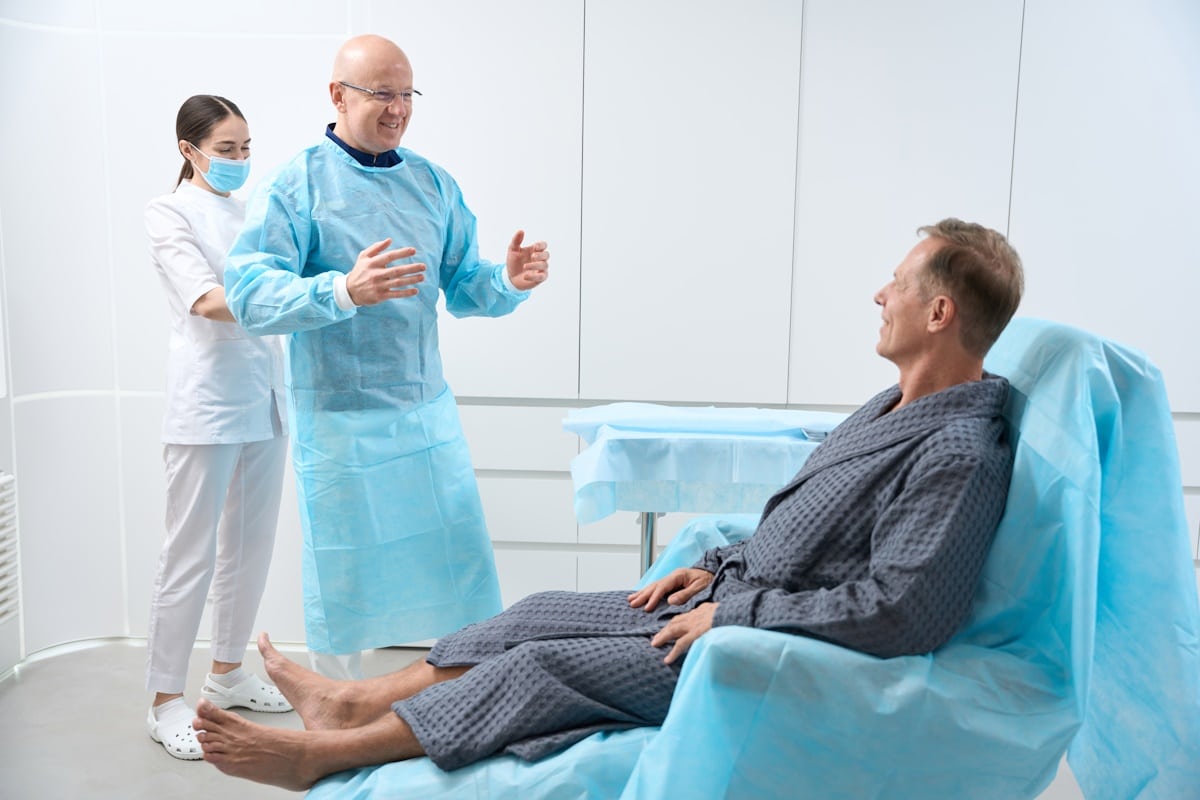Life after cancer is a significant milestone worth celebrating—it signifies the triumph over one of life’s most brutal battles. However, the transition isn’t always smooth sailing. Many survivors find themselves grappling with a mix of emotions and uncertainties as they adjust to their new normal.
Here are some strategies to help you navigate the ups and downs of life after cancer:
Practice Self-Compassion:
Be gentle with yourself during this transition period. Recognize that it’s okay not to feel like your old self and permit yourself to explore the changes you’ve undergone.
Reevaluate Your Life Goals:
Cancer can reshape your priorities and perspective on life. Take the time to reflect on how your values and goals may have shifted and allow yourself to evolve accordingly
Reconnect Socially
Reconnecting with friends and social groups can be daunting, but start small. Set boundaries around social interactions and prepare scripts to navigate conversations about your cancer diagnosis, ensuring you’re comfortable with how much you share.
Gradually Return to Work:
It can be emotionally and physically challenging for a person to return to work after undergoing cancer treatment.. Communicate openly with your employer and care team about your needs and limitations, and give yourself time to readjust.
Develop Coping Skills:
Build a toolbox of coping mechanisms to help you navigate the rollercoaster of emotions that may accompany life after cancer. This toolbox could include walking, breathing exercises, reading, or journaling.
Overcome the Fear of Cancer Reoccurrence:
Cancer survivors often fear the possible return of the disease. Seek reliable information from healthcare professionals, practice relaxation techniques, and consider joining support groups to share your fears and experiences with others in similar situations.
Adjust to Physical Changes:
Understand that physical recovery takes time and be patient with yourself. Start with small, manageable activities and listen to your body’s cues. Seek counseling or therapy if you’re struggling with body image issues or physical limitations.
Seek Support:
During this transition, lean on your support system—friends, family, and professional networks. Remember, asking for help is not a burden but an opportunity to strengthen relationships and receive the support you need.
Accept Your Journey:
Embrace the uniqueness of your cancer journey and acknowledge that there’s no one-size-fits-all approach to life after cancer. Celebrate your resilience and tap into the power of community as you navigate the road ahead.
By practicing self-compassion, seeking support, and being open to change, you can embrace life after cancer with courage and resilience. Remember, you’re not alone on this journey; there’s strength in embracing your humanness and connecting with others who understand your experience.
Dr. David Samadi is the Director of Men’s Health and Urologic Oncology at St. Francis Hospital in Long Island. He’s a renowned and highly successful board certified Urologic Oncologist Expert and Robotic Surgeon in New York City, regarded as one of the leading prostate surgeons in the U.S., with a vast expertise in prostate cancer treatment and Robotic-Assisted Laparoscopic Prostatectomy. Dr. Samadi is a medical contributor to NewsMax TV and is also the author of The Ultimate MANual, Dr. Samadi’s Guide to Men’s Health and Wellness, available online both on Amazon and Barnes & Noble. Visit Dr. Samadi’s websites at robotic oncolo gy and prostate cancer 911.


